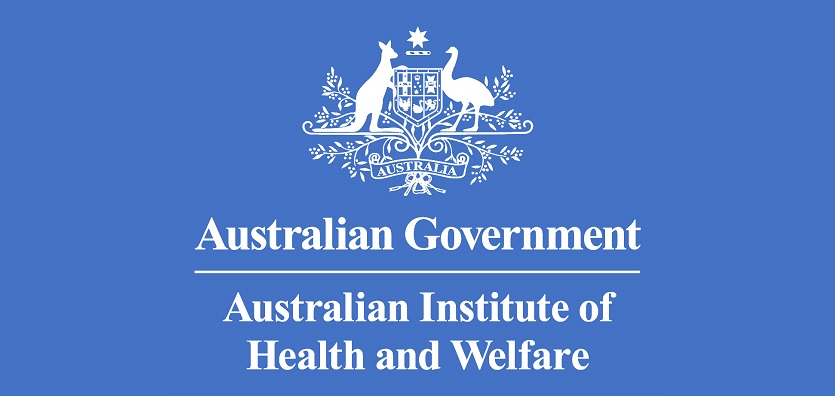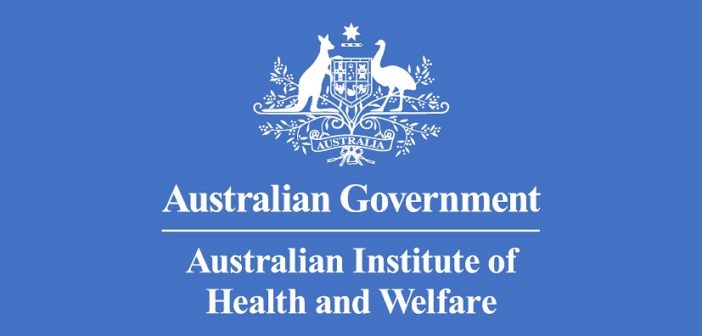
Many people in prison were unemployed or homeless before being incarcerated, according to a new report by the Australian Institute of Health and Welfare (AIHW).
The report, The health of Australia’s prisoners 2018, includes information gathered from people through the use of questionnaires over a two week period in 62 adult prisons across Australia (except NSW).
‘Many adults entering prison came from disadvantaged backgrounds, with just over half of those surveyed reporting that they were unemployed and 1 in 3 homeless in the 30 days prior to being incarcerated,’ said AIHW spokesperson Ms Anna Ritson.
‘Education levels were also very low, with one-third of prison entrants having completed Year 9 or under at school; by comparison, only 6.5% of Australian adults fail to complete Year 10.
‘We also found prison experiences that cross generations. Almost 1 in 5 (18%) prison entrants had at least 1 parent or carer who had been prison during their childhood and 2 in 5 had children dependent on them.’
About three-quarters (73%) of people entering prison had previously been incarcerated and 45% had been in prison during the previous 12 months.
Most people leaving prison were happy with the health care they had received, with almost 9 in 10 reporting that their physical health had improved or stayed the same while in prison.
‘For some people from disadvantaged backgrounds, prison can provide better access to health care and health professionals than they experienced in the community,’ Ms Ritson said.’
‘Prison clinics can greatly help people in prison take steps to improve their health, such as quitting smoking or getting help with mental health issues.
‘However, these health improvements can be lost after people are released, especially if health care and support services are not available during their transition to and within the community.’
More than half of people preparing to leave prison expected to be homeless, with 44% planning to sleep in short term or emergency accommodation, 2% planning to sleep rough, and 8% unsure where they would sleep.
Less than 1 in 4 (22%) of people leaving prison had organised paid employment that would begin within 2 weeks of release. Mental health conditions among people in prison were common, with 40% of prison entrants and 37% of those leaving prison reporting a previous diagnosis of a mental health condition, including alcohol and other drug use disorders.
The report presents the results of the 5th National Prisoner Health Data Collection which is the main source of data about the health and wellbeing of people in prison in Australia.
It presents information about the health experiences of people throughout the prison cycle.






